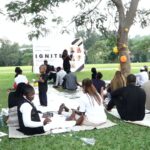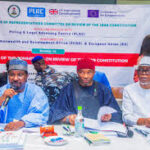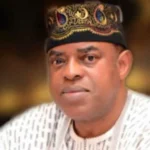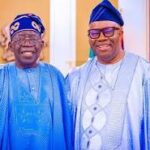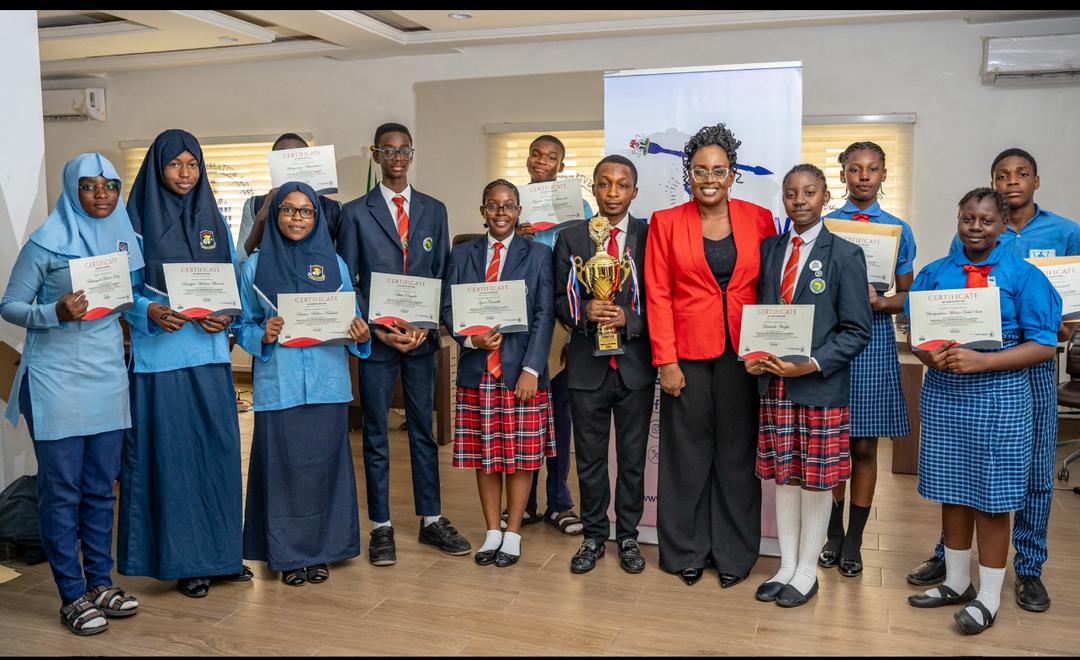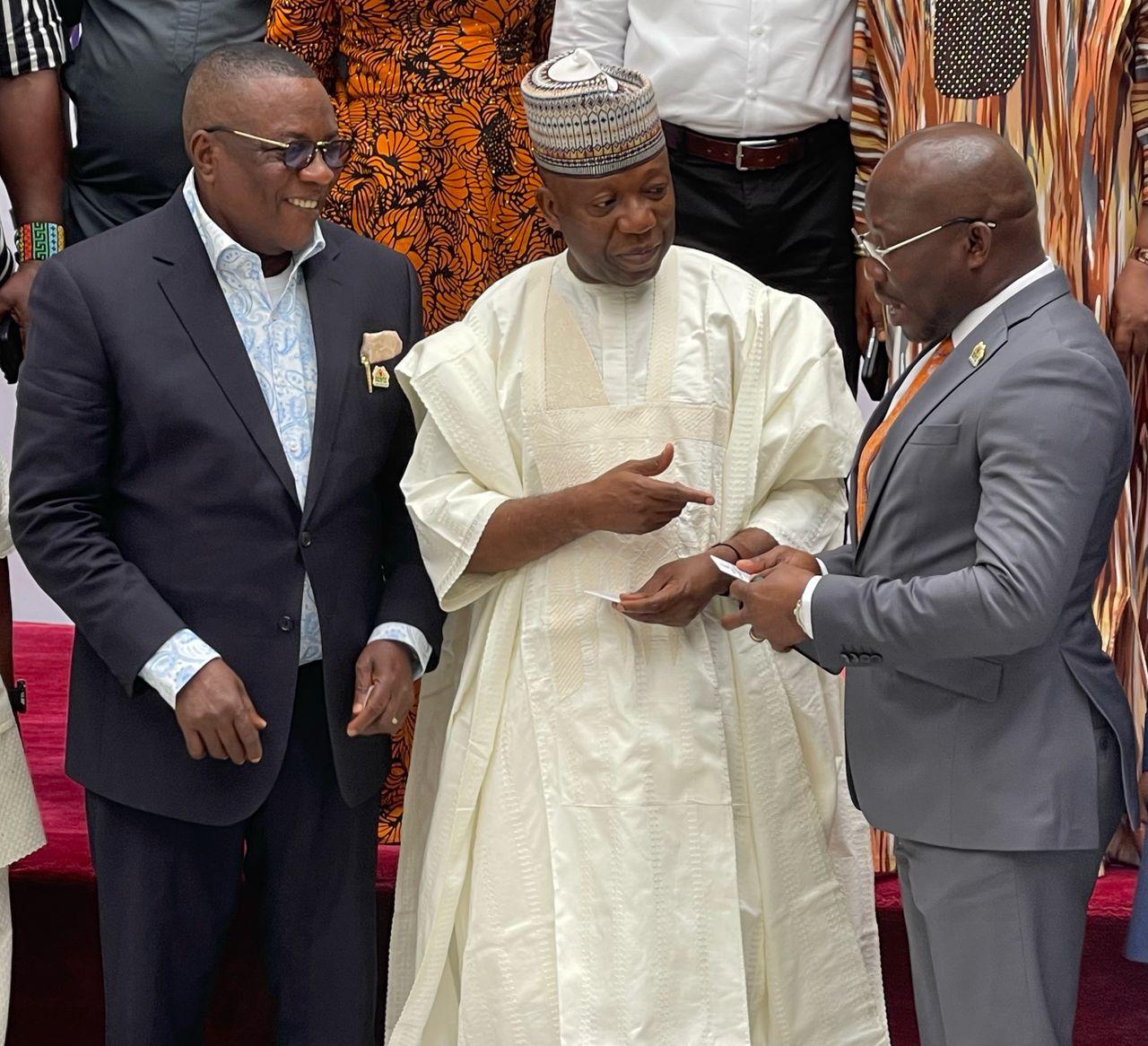Calls for lowering voting age dominate NILDS-Democracy Radio’ school debate
By EricJames Ochigbo Calls for lowering voter age and rejecting e-voting on Wednesday in Abuja dominated the maiden edition of the National Institute for Legislative and Democratic Studies (NILDS)-Democracy Radio secondary school debate. Students from Africa Community School, Asokoro and Intelligence Quotient Academy, who emerged winners, made the call atContinue Reading



